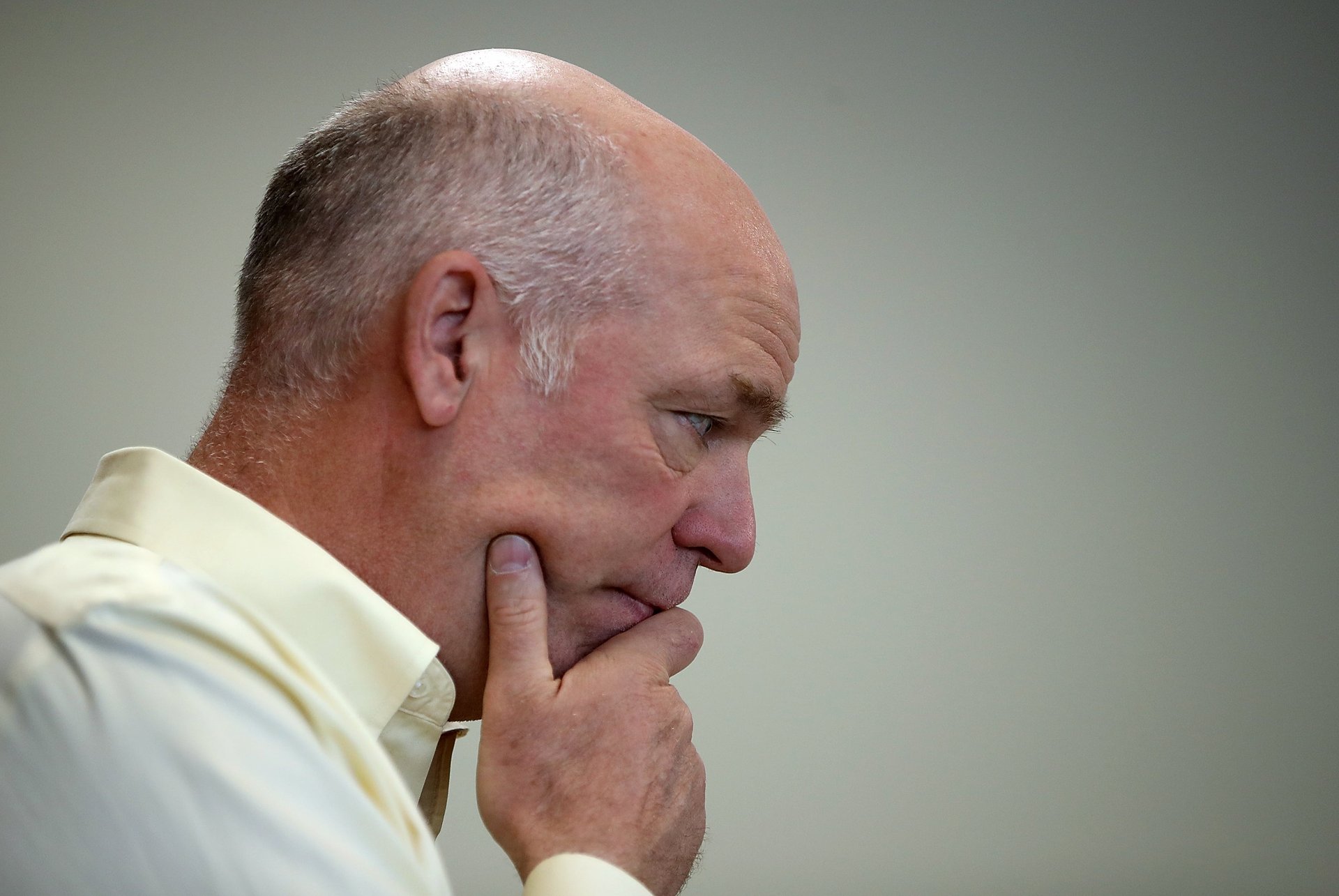TikTok sued Montana over its statewide ban of the app
The app maker alleged that Montana has violated its First Amendment rights and that of its users

Just days after Montana banned the app TikTok statewide, its maker is suing in federal court to get the controversial new law struck down. TikTok claims the Montana government violated its First Amendment right to free speech, as well as that of its users in the state. (Under US law, companies are afforded certain speech rights.)
The lawsuit (pdf), filed in the US district court in Montana, also alleges that the state illegally preempted the federal government, which handles matters of foreign policy and national security.
Additionally, TikTok says that Montana violated the US Constitution’s commerce clause, which gives Congress the power to regulate interstate commerce, and also claims the ban constitutes an unlawful bill of attainder, effectively legislation that declares a party guilty of a crime.
Montana officials didn’t immediately respond to a request for comment, but governor Greg Gianforte recently tweeted that the ban on TikTok is necessary “to protect Montanans’ personal and private data from the Chinese Communist Party.” TikTok is owned by the Chinese company ByteDance.
“We are challenging Montana’s unconstitutional TikTok ban to protect our business and the hundreds of thousands of TikTok users in Montana,” TikTok wrote in a statement announcing the lawsuit. “We believe our legal challenge will prevail based on an exceedingly strong set of precedents and facts.”
This is the second lawsuit against Montana’s TikTok ban
TikTok’s lawsuit is the second alleging that Montana overstepped its legal authority by signing this ban into law. A group of content creators sued the state of Montana on May 19, arguing that their First Amendment speech rights were violated and that the state doesn’t have the legal authority to ban an app.
For years, TikTok has faced an onslaught of allegations that it shares US user data with the Chinese government, though no actual evidence of this has been produced. Former US president Donald Trump tried and failed to ban the app using emergency economic powers in 2020, but a court ruled he lacked the legal authority to do so under the law he invoked.
Over the past year, however, numerous US federal and state agencies have banned TikTok from government-issued devices, and public universities have banned the service on their wifi networks.